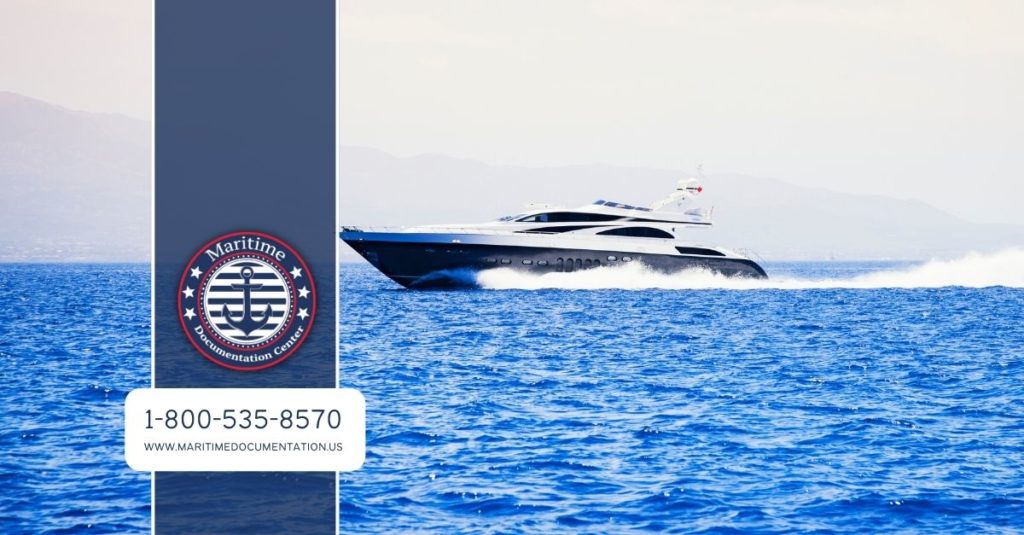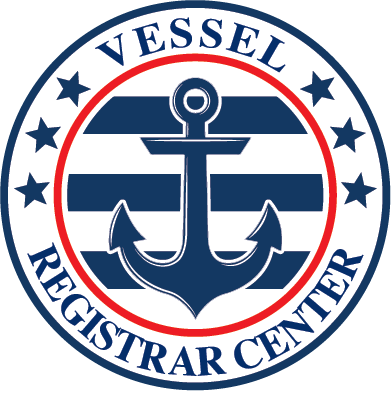As winter approaches, boating on rivers and lakes arises considerable concerns. The USCG Documentation Center issued several safety tips onboard. Pay attention to them to enjoy the full winter-boating season.
There is no time like the present to get on your boat and head out to the water, even if it is that time of the year where temperatures drop low. Be warned though, cold climate may suppose some risks you should take care of when sailing for pleasure, fishing, or hunting.

Risks Of Cold Water And Its Effects
Falling into the water when the temperature drops drastically can prove extremely dangerous. The human body can react differently depending on how cold the water is, especially during winter when the temperature breach between body and water increases.
The USCG Documentation Center provides a step-by-step description of the expected effects in case of an accident. When you fall into the water, you have one minute to adjust to the cold shock, that is, the impact of your body against the water. After achieving that, there are 10 minutes of meaningful movement to get out of the water (by yourself if you can or with help). Then, you have 1 hour before you go unconscious from hypothermia.
Always wear a correct-sized life jacket when boating. The material may not provide enough warmth but will keep you floating and thus make a rescue easier.
Tips Before You Go Cold Weather Boating
Heading onto the water always proves a risk, and it may prove even more so during winter or early spring when temperatures are still way below body temperature. However, any kind ok risks can be mitigated by being a responsible boater. Here is a guideline provided by the USCG Documentation Center for you to follow:
- Make a float plan: type a list with the details of everything and everyone who will go on the trip with you. Include passenger names, the vessel’s registration number (or name if it is documented), towing or trailer vehicle, emergency contacts, and communication equipment. Make sure to hand it over to someone you trust and who remains onshore.
- Wear appropriate clothes: dress for water temperature and in layers. This way the clothes beneath may take a little longer to get wet in case you fall into the water.
- Catch your breath: A sudden unexpected fall into cold water causes an involuntary gasp reflex. It takes less than ½ cup of water in your lungs to drown. Remain calm and you’ll have a better chance of self-rescue.
- Remain calm: More than often, fatal outcomes occur when someone panics rather than because of the accident itself. Stay afloat with the help of your life jacket, regain control of your breathing, and keep your head above water in the vision of rescuers.
- Avoid sudden temperature changes: recovering body temperature after exposure to cold water must be done gradually. Don’t apply heat to extremities as it may cause cardiac arrest.
- Always wear a life jacket: considering that the first ten minutes after you fall into cold water are crucial, keeping yourself afloat without the need for body effort can make a big difference.
Enjoy The Winter Boating Season
Every time of the year is the right time if you are a boating enthusiast. Remember to bear in mind these safety tips issued by the USCG Documentation Center and you shall be fine.




